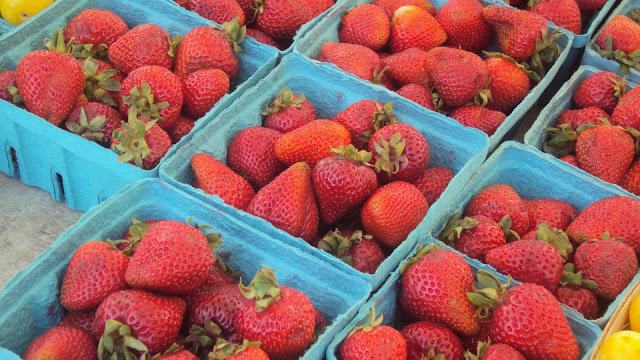She was unaware that she was experiencing a stroke, despite the fact that her symptoms were quite noticeable to others. Her face was numb, her speech was slurred, and her mouth drooled uncontrollably. She was confused and scared, but decided to wait the next morning, as it was late in the evening, to seek medical care. That night she tried to go to sleep, hoping that at the first sign of light, relief would come. Unfortunately, relief did not come. Her symptoms had progressed. She had experienced a gradual deterioration of the brain, which had manifested in her inability to walk or speak. Paralysis had set in on the left side of the brain to a 72-year old, St. Lucian grandmother.
 |
| source:TopNews.in |
A stroke is the cutting off vital blood flow and oxygen to the brain, causing brain cells to die. This happen s when a blood vessel in or around the brain is either blocked by a blood clot or ruptures. Strokes or cerebrovascular disease falls within one of the larger non-communicable diseases, cardiovascular disease. Stroke is not unique to my family or that other families in St. Lucia. It is a global disease that claims thousands of lives ever year.
In a 2002 report by the St. Lucian government, strokes was the third health threat to St. Lucians, after heart disease-- An island at the time with a population of about 150,000. In the United States, stroke is the third leading cause of death. Over 143,579 people die each year from strokes in the U.S. (http://www.strokecenter.org/patients/stats.htm).
Due to the high potential for the occurrence of stroke, it is extremely important to know the typical symptoms of a stoke, so that medical professionals can intervene and reverse its effects. The most widely recognized test that can help save a life of a person is referred to as F.A.S.T. (The Stroke Association, 2009)
Facial weakness- Can the person smile? Has the mouth or an eye dropped?
Arm weakness- Can the person raise both arms?
Speech Problems- Can the person speak clearly and understand what you say?
Time to call for emergent help or 911
Time is everything when someone is experiencing a stroke. Everyone should be able to understand the symptoms or warning signs of a stroke. You could save a life.
-----------------------------------------------------------------------------------------------------------
Don't forget to visit the Healthy Caribbean Coalition at:
www.healthycaribbean.org
Facebook page,
www.facebook.com/getthemessage.



















